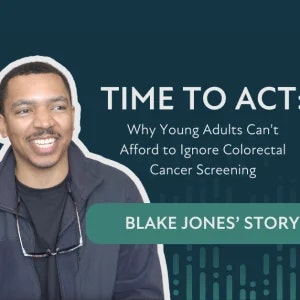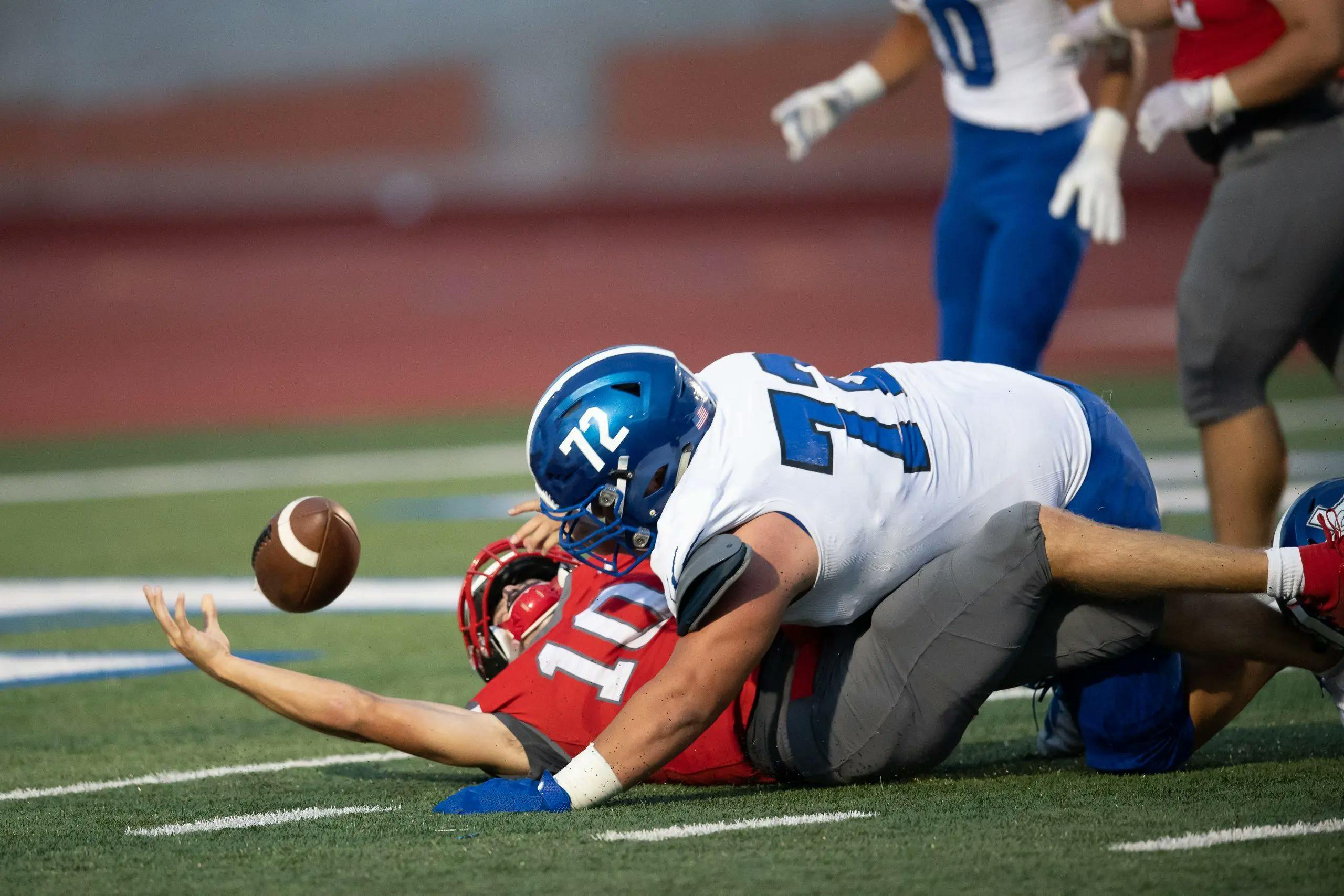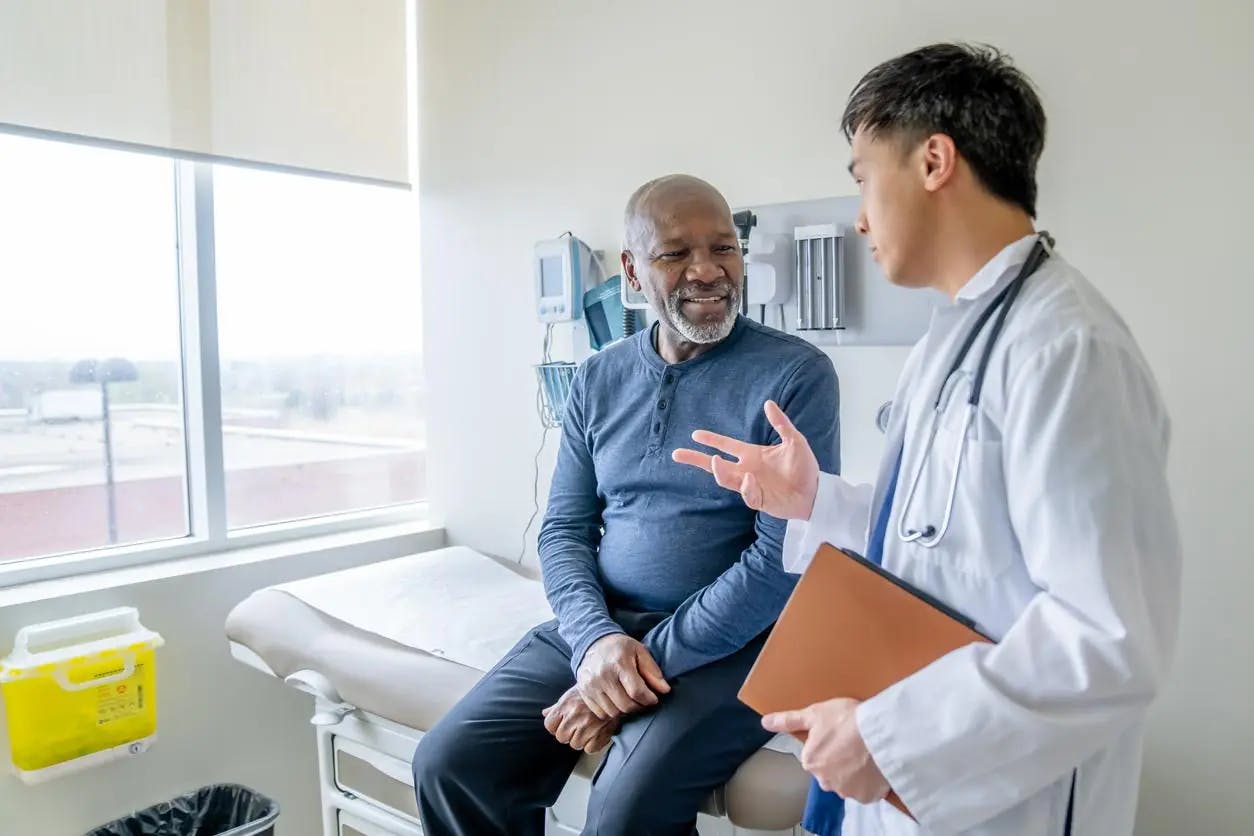Upon learning that a close friend had been diagnosed with late-stage colorectal cancer, Blake Jones, purchaser for the US Coast Guard, was deeply troubled. His concern escalated to alarm when one of his superior officers received a similar diagnosis shortly thereafter. At the age of 34, despite being relatively healthy, Blake couldn’t shake the feeling that he too should undergo colorectal cancer screening.
Colorectal Cancer in Younger Generations
Jones’s concerns are not unwarranted. Rates of colorectal cancer have been steadily increasing. Colorectal cancer is the third most common type of cancer in the United States.1 This trend, which confounds researchers by signaling a reversal of decades of innovation and research in the field, is an undeniable reality: younger individuals are increasingly being diagnosed with colorectal cancer. Diagnoses of people under 55 years of age increased from 11% in 1995 to 20%, or 1 in 5 individuals.2
Seeking Care
Despite being significantly younger than the recommended colorectal screening age of 45, Jones explored his cancer prevention options, facing initial pushback. Bouncing between healthcare systems, Jones had to persist in his reasoning of seeking a screening. When he came to CLS Health, Dr. Karadsheh, a gastroenterologist, was skeptical insurance plans would even pay for a screening as they may not find it medically necessary.
Nevertheless, their persistence paid off, and the colonoscopy uncovered two polyps in his colon: one benign and the other precancerous. During the colonoscopy, the medical team efficiently removed the polyps through a minimally invasive procedure that allowed Jones to return to his daily life swiftly. Reflecting on the significance of the procedure, Jones shared, “I have a daughter who’s about to turn three in April… I can’t imagine waiting until I was 45 to get this done. It probably would’ve been too late.”
Although Jones opted for a colonoscopy, several methods exist to screen for colorectal cancer. Colonoscopies are a form of visual screening, providing a direct view of the colon’s internal structures. Another screening method is a non-invasive stool-based test, which searches for blood and other markers in the stool that may indicate the presence of colorectal cancer.
Signs of Colorectal Cancer
Here are some common symptoms to watch out for that may be indicative of colorectal cancer.
Blood in stool
Bright red blood in your stool could be indicative of many different things, like hemorrhoids or anal fissures, but if you notice it frequently or in large amounts consult your doctor. If you notice that your stool is black, this is a major sign of internal bleeding and should be checked out immediately by a doctor.
Abrupt changes in stool
Everyone’s stool varies in frequency, texture, and color, which is normal for them. Yet, any sudden changes in these aspects could signal a more serious issue.
Aggressive weight loss/gain
A massive change in weight without any major lifestyle changes could be a symptom of a more serious gastrointestinal issue.
Risk Factors for Colorectal Cancer
Family History
If your family has a history of colorectal cancer, especially if they were diagnosed at a young age (before age 50) it is recommended to get genetic testing to gauge your risk of getting cancer and start receiving screenings at age 40 or earlier.3
Obesity
Obesity is connected to a higher risk of several cancers, including colorectal, breast, kidney, uterine, pancreatic, and esophageal cancers. Individuals with a body mass index (BMI) over 30 face greater chances of cancer recurrence and increased mortality compared to those with a normal weight (BMI < 25).4
Alcohol Consumption
Alcohol consumption is associated with an increased risk of colorectal cancer, with stronger evidence in men than in women, though both genders are affected. Exercise caution with heavy alcohol use.5
Conclusion
If you have any inclination to get tested, consult your doctor. Blake Jones, like many young adults, was oblivious to his increased risk of colorectal cancer until the concerning test results of his peers urged him to pursue screening. Securing a screening might demand some persistence, but catching potential issues early significantly improves treatment outcomes.
This blog post is not endorsed by the US Coast Guard, and all opinions expressed in the interview are those of the individual and do not represent the views of the USCG.
Check out our YouTube video to listen to Blake share his own story.
References
- https://www.cancer.org/cancer/types/colon-rectal-cancer/about/key-statistics.html
- https://medicine.yale.edu/news-article/with-colorectal-cancer-rates-rising-among-younger-adults-a-yale-cancer-center-expert-explains-there-may-be-more-factors-behind-this-worrisome-trend/
- https://www.cdc.gov/genomics/disease/colorectal_cancer/family_history_coloretal.htm
- https://medicine.yale.edu/news-article/collaborating-against-obesity–cancer/
- https://www.cancer.org/cancer/risk-prevention/diet-physical-activity/alcohol-use-and-cancer.html




